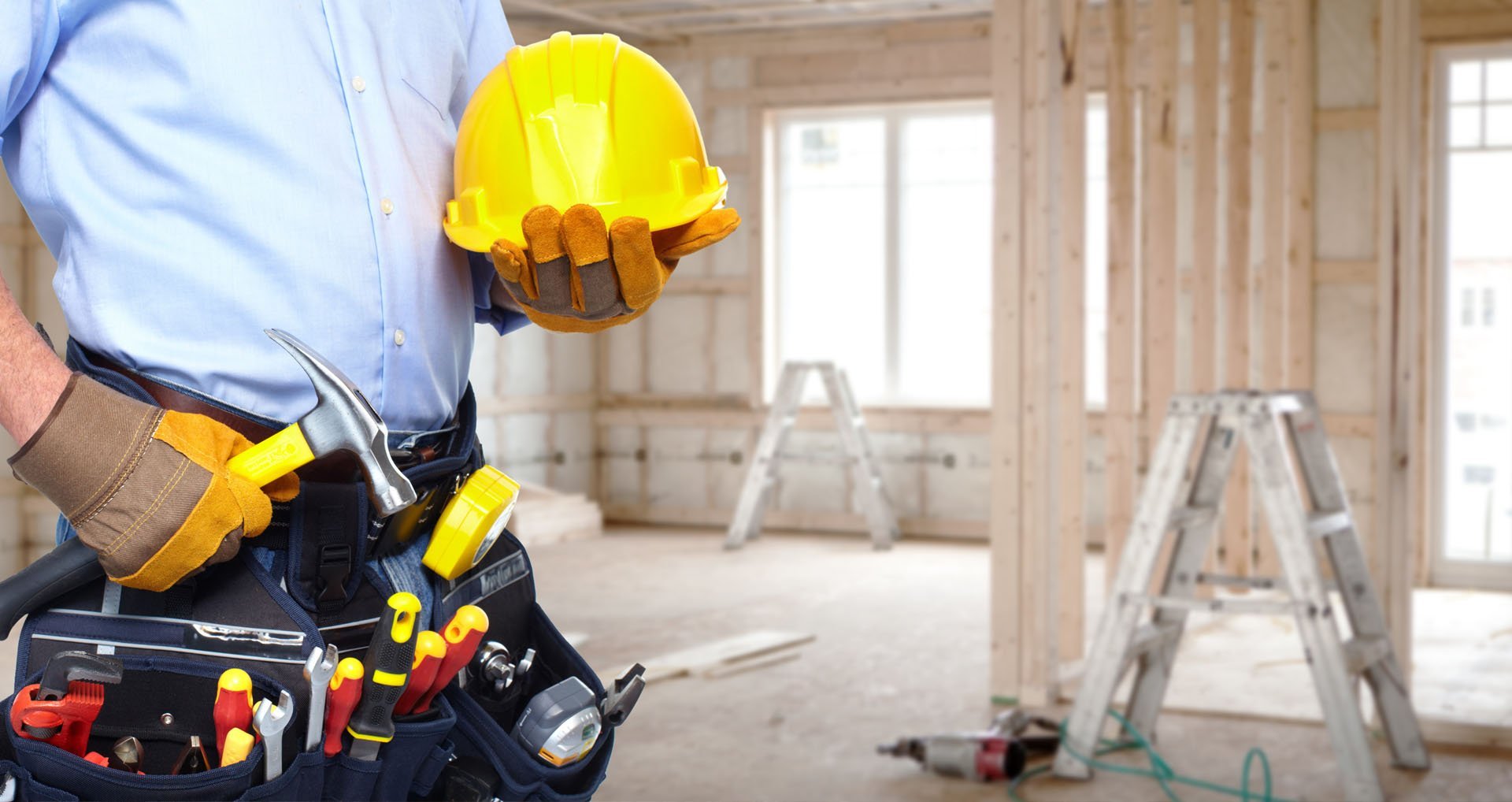There are many reasons why you decide to renovate your home. You may view a great post to read here about a good planning guide for home renovation. Maybe you intend to stay in your home until the mortgage is paid off or maybe you just bought a fixer that needs some big upgrades. According to Houzz’s 2018 U.S. renovation report, 50 percent of existing homes are 37 years or older. That means roofs, furnaces, flooring, and appliances have reached the end of their lives. According to the same report, the majority of people planning a renovation intend to spend $10,000 or more. For that kind of money, you need to do some up front planning.

- What’s going on in your life? Before making any major decisions, consider what you want out of the renovation for tomorrow and for the next 5 or 10 years. Converting the 3rd or 4th bedroom into an office probably isn’t a good idea if you’re planning a family or see yourself taking care of elderly parents in the coming years.
- Preliminary research:
- List the renovation projects you are considering.
- Discuss with friends, neighbors, and even realtors about their home renovation experiences.
- Go to some open houses in your neighborhood to see what others have done. Do some internet or magazine research to gain a broad range of possible ideas.
- Research rough estimates for ideas that you are considering.
- Research how your planned renovations will affect your home value.
- If you’re planning multiple projects, prioritize them.
- Cost and budget. Your major costs involve materials, labor, and local market conditions. You may check the prices of materials in your local hardware store to have an idea of how much of your budget should be allocated to materials. You’re also going to want a minimum of 3 estimates and maybe the recommendations of contractors hired by people you trust. However, you can calculate your own rough estimate using online calculators such as https://app.mykukun.com/Home-Renovation-Costs. Online estimates are only a beginning and you should expect significant cost variations depending on your specific needs, wants, and decisions.
- Once you have a few estimates from contractors it’s a good idea to add another 30% to 50% to cover changes and unexpected contingencies.
- If you’re removing or adding walls or making foundation changes, you need the professional services of a structural engineer.
- If you’re concerned about recovering your costs when you sell, you may want to prioritize your list based on renovations that recoup the most. Generally, in descending order these are: kitchen, bathroom, re-siding, master bedroom, and attic bedroom additions.
- Research financing options if you’re not paying all cash. Banks will typically lend 20% to 30% of the home value (this varies depending on your equity). If the house is valued at $200,000 and your credit is decent, you should expect to be able to borrow $40,000 to $60,000 for renovations.
- Common financing options are: equity line of credit, refinancing your home (preferably to lower interest rate), remodeling or other loan, and credit cards (usually the least preferred).
- Hire your contractor. Once you’ve decided what you are going to do and how you are going to pay for it, it’s time to hire a contractor. This when you nail down the final estimate. But still keep a 20% to 30% buffer in your budget. Prepare a list of questions specific to your project to ask each contractor. General questions include:
- List of references?
- Experience with your project type and experience near your location?
- Licensed, bonded, and insured (their liability insurance to protect you)? Verify what you are told.
- Comparable projects you can see? Preferably actual finished projects but at least photos.
- Schedule and budget performance?
- What are the payment terms? Down payment, milestones, down payment + final payment, materials + milestones, total upfront (not desired), etc. Ask about payments for changes?
- What is warrantied and for how long?
- Will you have a single contact person for status and how often will you be given updates?
- How will changes be handled that might be needed?
- Ask how other parts of the house/landscaping will be protected?
- Ask about subcontractors? Be sure the general contractor takes responsibility for subcontractors.
- How do you accommodate family and pets (if living in the house during remodeling)? Be sure to mention if you work from home.
- Call references to ask questions about if they were pleased with results, budget and schedule performance, how problems were handled, how long ago the work was done, and if they would hire the contractor again?
- Anything specific to your project and situation.
- Listen carefully to all of his/her answers. Especially regarding changes, budgets, and scheduling.
- Require a written and signed proposal and contract before work begins. When it doubt, write it all down. Make sure all specifications are included (review other contracts or three for reference). Specify required permits and government inspections. Have a well-written Final Acceptance clause.
- Plan how to live during the remodel. How are you and your family going to live during the renovation? Are you going to move out? Are you going to put up a plastic sheet between where you live and the construction zone? Are you going to eat out during a kitchen remodel? How are you going to protect valuables and heirlooms with workers in the house? Will you and your family be safe from open holes and other obstacles? Is anyone allergic to dust or chemicals (paint and floor finishes)? Do you need a storage shed? Will you be able to get in and out of your driveway? Make sure your contractor will clean up on a daily basis. What else needs to be planned for?
- Manage contractors. Mistakes will happen. Special order materials will arrive late, inspection dates will be missed, and a wall might even be built in the wrong place. Be mentally prepared for these and other issues during construction when your patience is probably short. Talk to your contractor regularly and point these issues out as soon as you find them to avoid a ripple effect. Keep a list and go back to make sure mistakes have been corrected. All changes need to be in writing and include costs. Keep all communication cordial. If you lose your temper, apologize. Expect the same of him or her.
Soon you’ll be cooking in your dream kitchen or showering in luxury.
What are your renovation tips? Please add your comment.
 Author bio: Brian Kline has been investing in real estate for more than 35 years and writing about real estate investing for 10 years. He also draws upon 30 plus years of business experience including 12 years as a manager at Boeing Aircraft Company. Brian currently lives at Lake Cushman, Washington. A vacation destination, a few short miles from a national forest. With the Pacific Ocean a couple of miles in the opposite direction.
Author bio: Brian Kline has been investing in real estate for more than 35 years and writing about real estate investing for 10 years. He also draws upon 30 plus years of business experience including 12 years as a manager at Boeing Aircraft Company. Brian currently lives at Lake Cushman, Washington. A vacation destination, a few short miles from a national forest. With the Pacific Ocean a couple of miles in the opposite direction.
Brian Kline has been investing in real estate for more than 30 years and writing about real estate investing for seven years with articles listed on Yahoo Finance, Benzinga, and uRBN. Brian is a regular contributor at Realty Biz News
Latest posts by Brian Kline
(see all) Author bio: Brian Kline has been investing in real estate for more than 35 years and writing about real estate investing for 10 years. He also draws upon 30 plus years of business experience including 12 years as a manager at Boeing Aircraft Company. Brian currently lives at Lake Cushman, Washington. A vacation destination, a few short miles from a national forest. With the Pacific Ocean a couple of miles in the opposite direction.
Author bio: Brian Kline has been investing in real estate for more than 35 years and writing about real estate investing for 10 years. He also draws upon 30 plus years of business experience including 12 years as a manager at Boeing Aircraft Company. Brian currently lives at Lake Cushman, Washington. A vacation destination, a few short miles from a national forest. With the Pacific Ocean a couple of miles in the opposite direction.